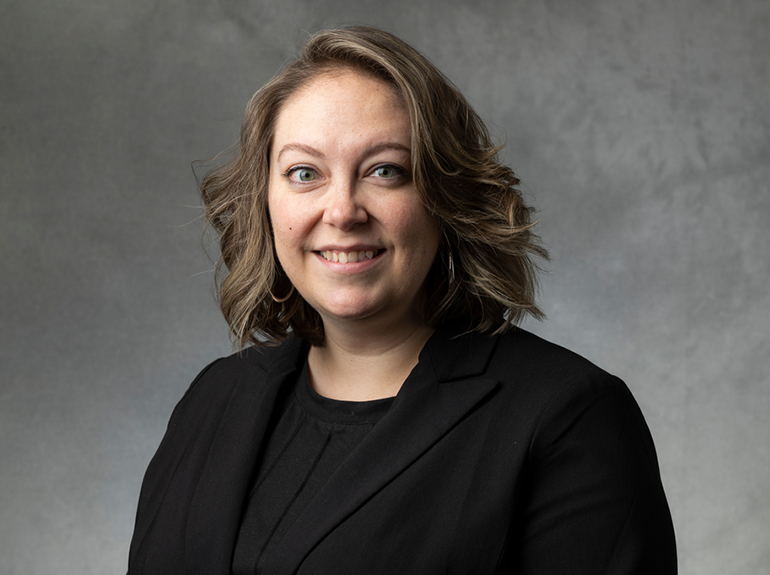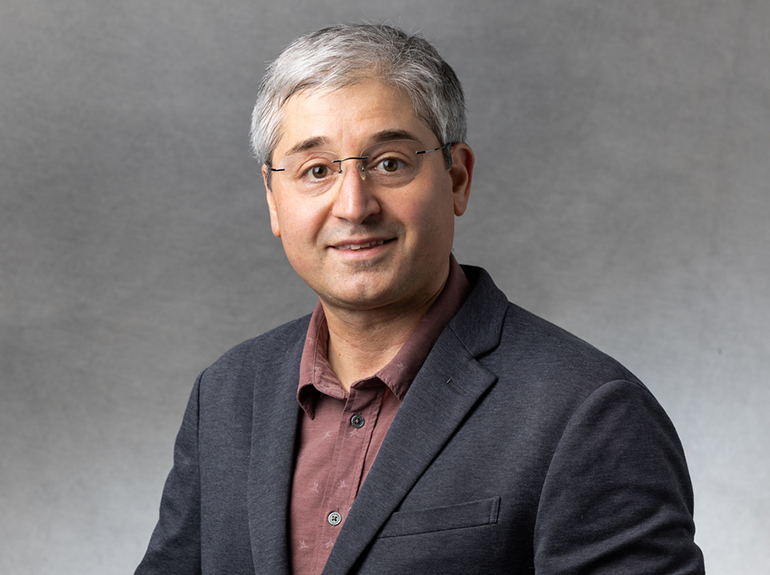Entrance Requirements
A bachelor's degree from a U.S. regionally accredited institution (or international equivalent) and a minimum GPA of 2.7 is required. The GRE/GMAT is not required.
You can also choose to use TommieBot, an AI search assistant developed by St. Thomas School of Engineering students and faculty.
Take me to TommieBotThe Graduate Certificate in Generative AI is specifically designed for professionals aiming to broaden their expertise in the latest artificial intelligence technologies. This advanced program expects participants to come with a prior background in machine learning and AI, leading them into more specialized territories such as Generative AI, ML Ops, and AI Ethics. It is ideal for individuals who already have experience in the AI field and are looking to substantially enhance their abilities and understanding of recent developments and ethical practices in AI technology.
Students have the option to use the coursework from their graduate certificate to continue in a Master of Science degree program offered by Graduate Programs in Software.

How to earn a graduate certificate
To complete the Graduate Certificate in Generative Artificial Intelligence, four SEIS graduate courses (12 graduate semester credits) are required with a GPA of 2.7 or higher. Students are expected to have a prior background in Machine Learning and Artificial Intelligence:
Four required courses:
A bachelor's degree from a U.S. regionally accredited institution (or international equivalent) and a minimum GPA of 2.7 is required. The GRE/GMAT is not required.
Classes are offered in-person and online weeknights from 5:30 – 8:30 p.m., Monday – Friday.
All programs in the Software Engineering and Data Science department at the University of St. Thomas are offered in CoFlex mode, i.e. the student has the flexibility to attend classes either in-person or online.
Inclusions and restrictions:

Get the Facts
Attend an online information session to learn program details. Our programs serve working professionals with busy lives. Set your own pace and start fall, spring or summer. Classes are offered in-person and online weeknights from 5:30 – 8:30 p.m., Monday – Friday. We look forward to meeting you.
All full-time tenured faculty hold Ph.D. degrees and offer extensive industry experience. Adjunct faculty are selected based on professional experience and educational credentials.

Jessi Benzel is a data scientist with over 10 years of professional experience including specialization in data analytics and visualization, application and information systems development, data management and governance, and ethical and applied AI. She currently works as a Data Scientist and Senior Advisor in the Federal government.

Dr. Abe Kazemzadeh is an Assistant Professor in the University of St. Thomas Software Engineering and Data Science department. His undergraduate interest in linguistics led him to graduate studies in computer science that focused on natural language processing and a career that has included research and software engineering in speech recognition, voice and text dialog systems, sentiment and demographic analysis of social media, social network analytics, and extracting machine-learned signals from financial news.

Dr. Brandan Keaveny is the principal consultant/founder of Data Ethics LLC where he specializes in professional consulting services in the areas of data governance, analytics, and privacy. Prior to forming Data Ethics, Dr. Keaveny served as a school district administrator at the levels of director and chief officer for accountability in two urban school districts. He has earned the ANSI-accredited designation of Certified Information Privacy Manager (CIPM) through the International Association of Privacy Professionals (IAPP).